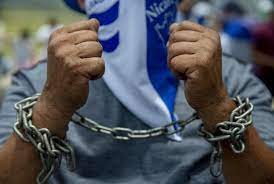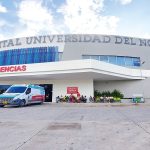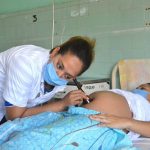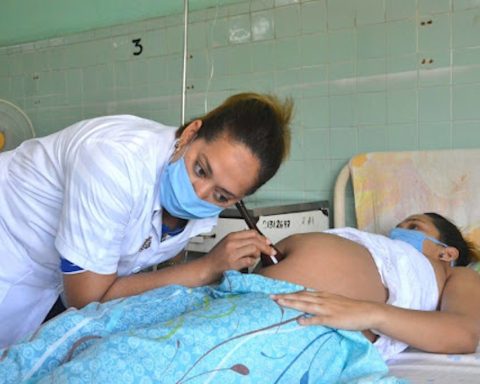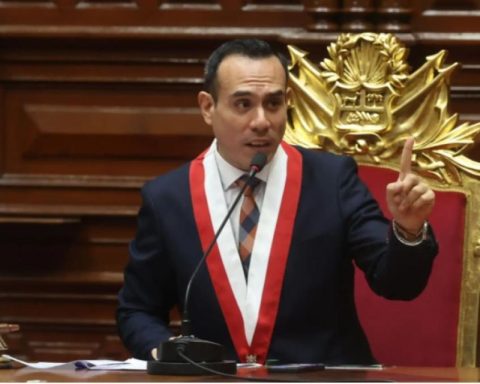“Eduardo”, one of the victims of repression in Nicaragua who for security reasons prefers to omit his identity and uses this pseudonym, clearly remembers the day he was taken to the Directorate of Judicial Assistance, a prison in Managua that has become synonymous with terror. There, in a gloomy and oppressive environment, he was subjected to unimaginable torture.
He spent a year and forty days arbitrarily detained by Sandinista orders. They punished him in the most cruel way for speaking out against the dictatorship of Daniel Ortega and Rosario Murillo. He experienced isolation, psychological torture and in the criminal system he was even given electric shocks. The oppression increased as the weeks passed.
Related news: Ortega-Murillo dictatorship has abandoned “maternity home” that it set up in the building stolen from Confidencial
“They sat me in a metal chair, with two shackles and four cables,” says the former political prisoner, after months of conditional freedom, a freedom outside his homeland: Nicaragua.
“An aluminum cup on his feet, with water, and then, the electric shock,” that is part of the ordeal he experienced and today those consequences persist.
“Sometimes I feel tingling in my legs, and I have lost hair on my extremities,” he confesses with sadness and forced acceptance.
This harsh testimony is collected by the Nicaragua Never Again Human Rights Collective, as part of its “Memory and Justice: Stop Torture in Nicaragua” campaign.
The organization began the production and dissemination of podcasts in which it collects part of the testimonies of some of the more than 200 victims of torture from the repression between 2018 and 2024.
The objective is that through these cases “torture as a tool of political repression in Nicaragua” will be systematized, which has affected more than 200 victims, including women and transsexual people who even suffered sexual and psychological violence in detention centers.
Related news: Ortega mocks international conventions against statelessness and creates a special document to expel his own stateless people
The productions “seek to make visible the pain and the consequences that torture has left on the victims and their families, demanding justice, truth, and the end of impunity for those responsible.”
The contribution will contribute to the “historical memory and dignity of the victims” and with the aspiration to “make the national and international community visible towards a forceful condemnation of these crimes and immediate action in favor of human rights in Nicaragua.”
The Nicaragua Never Again Human Rights Collective has so far released three episodes of this podcast in which it addressed “Repressive laws and torture in Nicaragua”, “Detention centers and torture in Nicaragua” and “Forms of torture perpetrated in Nicaragua.”
